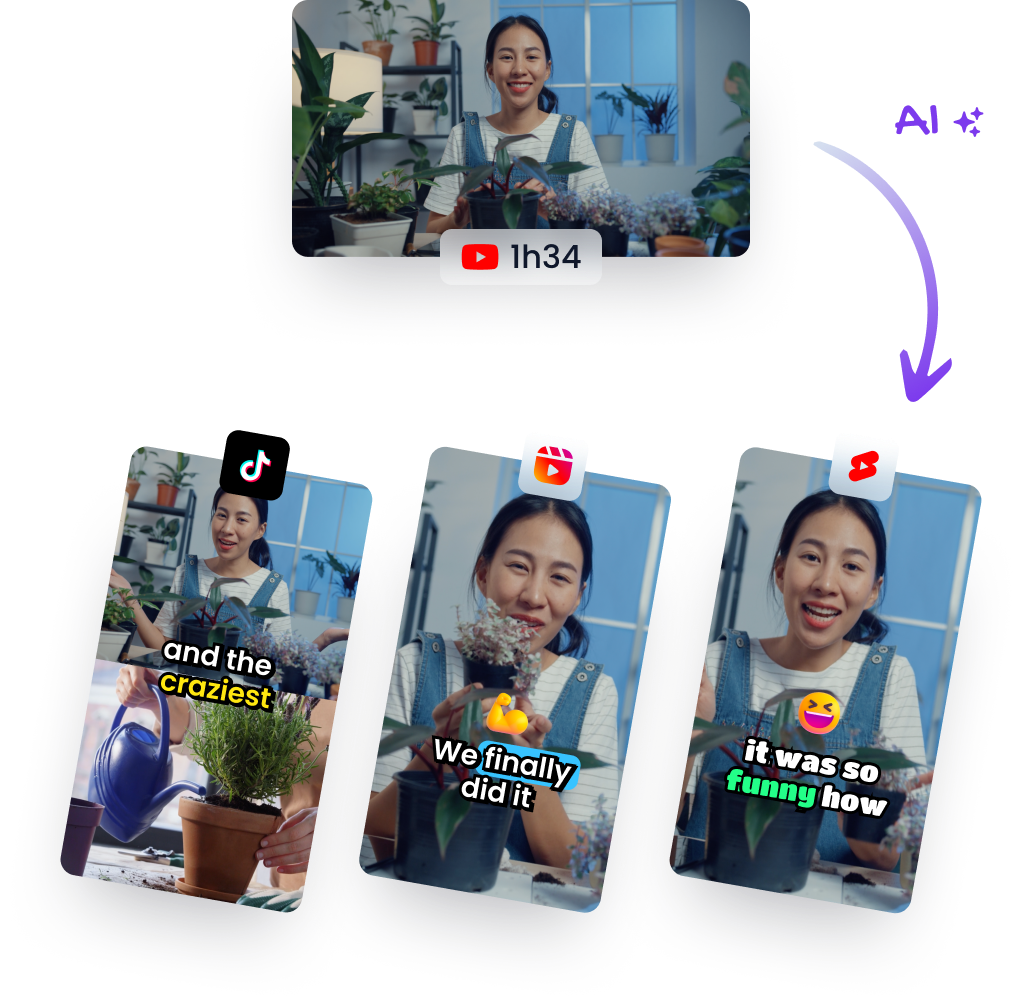Unlock Content Like a Pro: AI Tools Simplify Access
Jan 23, 2024
Content MarketingTLDR: Watch the AI-generated short
In an age where information is currency, access to high-quality content often comes at a price—literally. With numerous websites and publications erecting paywalls, readers are frequently asked to subscribe or pay before consuming valuable articles and reports. However, artificial intelligence (AI) tools are reshaping this landscape by offering ways to bypass these barriers and unlock content for users who seek knowledge without the cost.
The Ethical Dilemma of Paywall Bypassing
The use of AI like ChatGPT has sparked discussions around ethical implications when it comes to accessing paid content. These advanced systems have the capability to "read" through articles behind paywalls and provide comprehensive summaries. While convenient for users, this raises concerns about respect for the business models that rely on subscription fees. It's important that as we navigate this new territory, we find a balance between utilizing technology for accessibility while honoring creators' rights.
Leveraging AI in Content Creation
Beyond just accessing existing content, AI can be harnessed in producing new material from various formats such as podcast transcripts—a task traditionally requiring significant time investment or hiring writers.
Transforming Transcripts Into Articles
Imagine having conducted an insightful podcast interview only to face the hurdle of converting it into written form for wider dissemination. Traditionally, you'd need skilled writers capable of distilling spoken words into engaging print narratives—an expense not all creators can afford.
However, with tools like Claude (an hypothetical advanced AI), long-form content creation becomes less daunting. Let’s explore how:
-
Transcription Accuracy: First off, Claude could ensure accurate transcription of audio files which is foundational in creating any derivative written work.
-
Identifying Key Points: Once transcribed, Claude could analyze the text highlighting major topics discussed within the conversation—automatically sorting relevant information from tangential dialogue.
-
Crafting Narratives: Using its language capabilities, Claude could restructure conversations into coherent narratives suitable for publication—all while maintaining original context and intent.
-
Editing Assistance: Finally, beyond initial drafting stages; these AIs could offer editing suggestions improving readability without losing individual voice nuances found within original recordings.
Practical Takeaways:
- For those looking at practical solutions towards repurposing multimedia content:
- Begin by selecting robust transcription services powered by efficient speech recognition algorithms,
- Use intelligent summarization features offered by modern AIs to extract key points,
- Convert insights into structured drafts ready-for-edits using automated writing assistance features,
By integrating such methods into your production process you'll find both efficiency gains along with potential cost-saving benefits—all contributing towards more accessible knowledge sharing practices online.
As powerful as they are though; there remains great responsibility in handling these technologies appropriately considering intellectual property laws alongside fair compensation standards within digital publishing realms currently challenged yet also enriched thanks to ongoing advancements found across Artificial Intelligence domains today!
